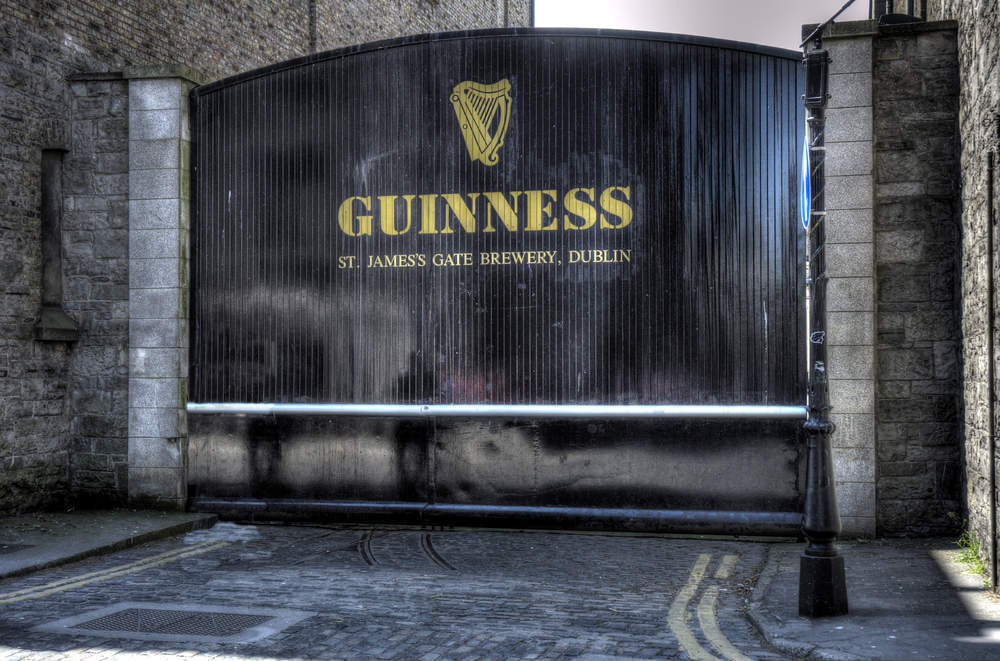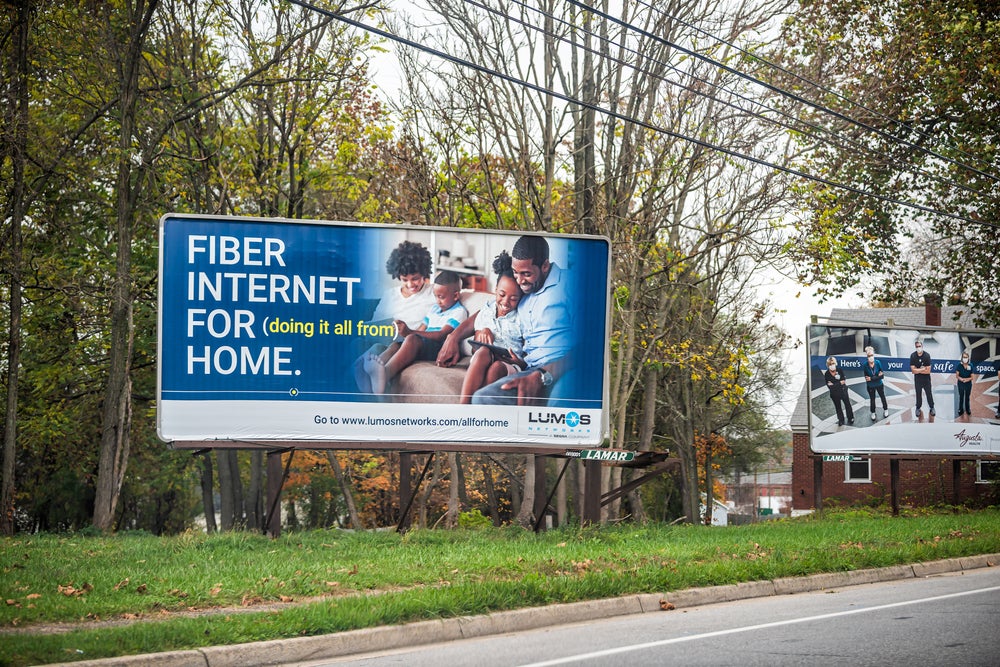
Brexit-induced custom controls on the Irish border may cost Guinness an extra €1.3m ($1.5m) each year, which may result in a higher price for the stout.
Theresa May’s government are adamant that Britain will leave the single market and customs union, which will restrict post-Brexit trade and migration from the European Union.
If May’s succeeds and the UK leaves the single market, it will be pulling Northern Ireland out as well.
Ultimately, this may mean that customs controls will return to the Irish border, almost two decades after the Good Friday Agreement in the 1990s abolished such controls and the militarised frontier, easing tensions between the two nations.
For Irish-based brands, such as Guinness, heavier customs controls, or a so-called hard border, will have a direct impact on its production costs, seeing as the company crosses the Irish border twice during the production process.
Indeed, Guinness is brewed in Dublin, sent to Glasgow where it is canned, and then returned to the Irish capital before being shipped overseas.
How well do you really know your competitors?
Access the most comprehensive Company Profiles on the market, powered by GlobalData. Save hours of research. Gain competitive edge.

Thank you!
Your download email will arrive shortly
Not ready to buy yet? Download a free sample
We are confident about the unique quality of our Company Profiles. However, we want you to make the most beneficial decision for your business, so we offer a free sample that you can download by submitting the below form
By GlobalDataDiageo, owners of Guinness, estimate that a hard border could delay crossings by an extra 30 minutes to an hour due to heavier customs checks, generating additional costs of €100 per journey.
Given that the company makes around 13,000 beer-related Irish border crossings each year, this could increase costs of production by an extra $1.5m, annually.
Baileys is another Diageo-owned brand based in Ireland that would be affected by a hard border.
When the crossings for this brand are also factored in, the total cost to Diageo may rise to $2.1m.
Diageo would have to either absorb these additional costs or pass all or some of the burden onto consumers in the form of higher prices for its Guinness products.
Ireland, Britain and the EU do not want a hard border, yet there are currently no other clear alternatives.
Commenting on the matter, the president of the European Council, Donald Tusk, has said that a hard Irish border should be avoided, and that “flexible and imaginative solutions are required” instead.
While this may be a vague statement, technological advancements have the potential to reduce delays at the Irish border. For example, goods could be fitted with electronic tags that can be scanned to see if a duties are payable.
This would make border crossings faster, saving time and money, especially if these checks could be automated.
Using big data to monitor and manage this information may also allow for a more seamless border crossing.
However, this technology is not yet in place.
In the worst case scenario where a hard border is imposed, large multinationals, such as Diageo, would be able to cope with the extra costs and may even be able to work around the issue.
For example, in the near future, Diageo may qualify as a trusted trader due to its international reputation and be given an Authorized Economic Operator (AEO) status.
Obtaining such a status would give the company preferential treatment over non-qualifying businesses in the form of a faster clearance of goods and less interference by custom controls.
Even if Diageo did raise the price of Guinness and Baileys, these are still powerful brands with loyal customers and so it is unlikely that demand will fall significantly.
The Irish border problem will give multinational companies, such as Diageo, issues in the short term, however, its financial capital and global influence should help ease it through this future transitionary period.
The same cannot be said for smaller businesses though, which may not be able to afford the costs of heavier customs controls, nor be able to qualify as a trusted trader.








Related Company Profiles
Diageo Plc